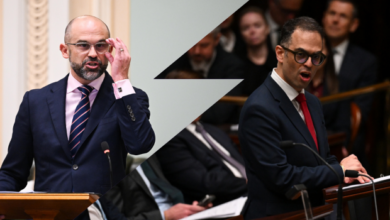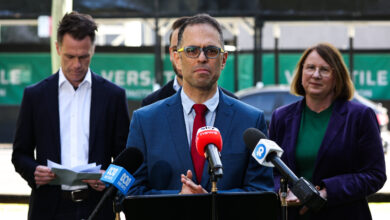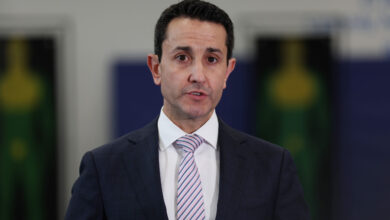OpinionPolicy & ReformTop Stories
Important lessons from a pandemic in shaping the schools of the future

I am hoping that COVID brings about significant and, more importantly, relevant change to school curriculums, structures and operations. It's high time to scrap the Higher School Certificate (HSC) and explore other options for assessing student achievement.
Please login below to view content or subscribe now.




